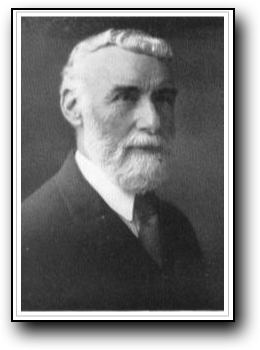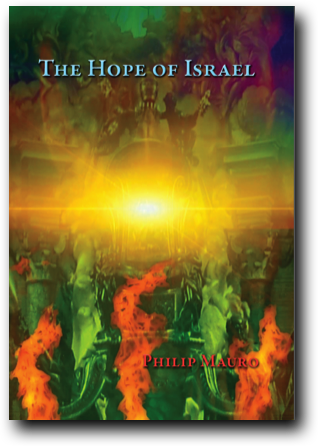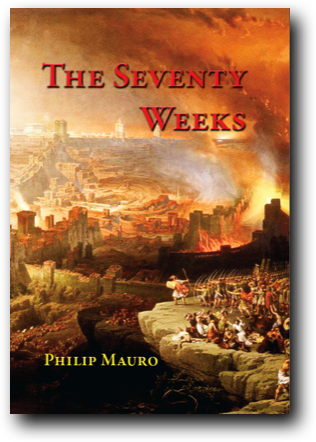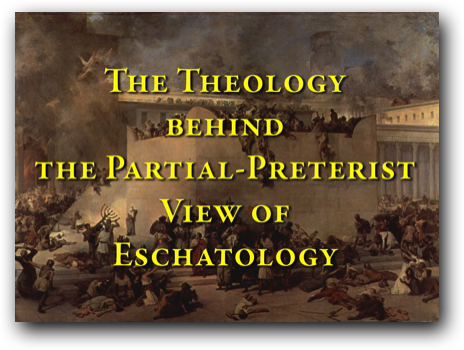
Eschatology

PHILIP MAURO
1859-1952
Philip Mauro was a lawyer who practiced before the Supreme Court and also a writer of Christian literature. As far as twentieth century Christian figures are concerned, Philip Mauro stands out as one of the most captivating. After coming to a saving knowledge of the Lord in 1903, at the age of forty five, Mauro, a member of the bar of the Supreme Court of the United States and one of the foremost patent lawyers of his day, began his “Testimony” of what was to him the most important event in his life.
His repeated successes in courts of law, coupled with his legal briefs, could not but gain recognition, for they were “models of accuracy, conciseness, and literary finish.” As such, they were “frequently used by judges in the text of their decisions.” Perhaps one of the most important occasions where his legal work was requisitioned was in connection with the famous Tennessee-Scopes trial in 1925. The argument which William Jennings Bryan used, and thereby won the case, was prepared by Philip Mauro.
His early twentieth century was a period of great expansion for many errors, such as Dispensationalism and Anglo Israelism. Mauro’s book, “The Hope of Israel,” which was written three years prior to the Scopes trial, stands as a testament to his astute mind and sharp pen, most dashing in the face of the most formidable adversaries. Rising to the forefront of Christianity’s great struggle against these foes, he applied the preparation God had given him, and scored great victories for sound doctrine.
“We thus learn that the things prepared by God for the coming age, which are “for our glory,” are “spiritual things.” And not only are they spiritual things, but they are communicated by means of “spiritual words”; and they must be “spiritually discerned.” (God’s Pilgrims)
His works include:
God’s Pilgrims, The Church, The Churches and the Kingdom, The Hope of Israel, Ruth, The Satisfied Stranger, The Wonders of Bible Chronology, The Last Call to the Godly Remnant, More Than a Prophet, Dispensationalism Justifies the Crucifixion, Things Which Soon Must Come to Pass.
Eschatology | Ravenbrook Publishers






